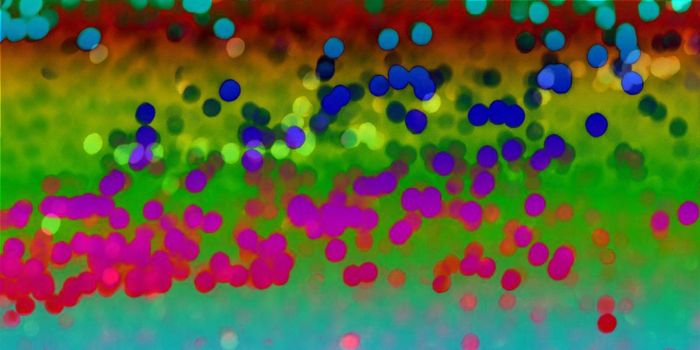Falling in love can cause your body to feel like it's on a permanent high. But what about when that high comes crashing down with two simple words: "We're over." Does heartbreak actually physically affect your body and brain?
Whenever you endure physical pain such as a cut or injury, the anterior cingulate cortex is stimulated. Surprise, surprise, it's this same part of the brain that is stimulated from emotional pain, such as feeling ostracized or losing an important relationship. It has been studied in both primates and humans that loss or separation from a loved one causes an increase in cortisol and a decrease in norepinephrine, which lead to symptoms of anxiety and depression.
Evolutionarily speaking, physical pain is supposed to warn us of the risk of imminent danger, such as the pain you feel when you burn your hand picking up a hot coffee mug. But how did these pain symptoms come to evolve in us from emotional distress? Well, looking from the survival point of view, relationships and social bonds are an important aspect of life, because having those connections often allows you to succeed more (two cave people hunting together are better than one) and betters your chance of reproduction.
Nevertheless, if you're brokenhearted the last thing you're probably thinking about is it's evolutionary significance. Fear not! It is scientifically proven that surrounding yourself with social support can help alleviate your symptoms. So reach out to friends, family, and pets to act as a heart band-aid while you heal.








